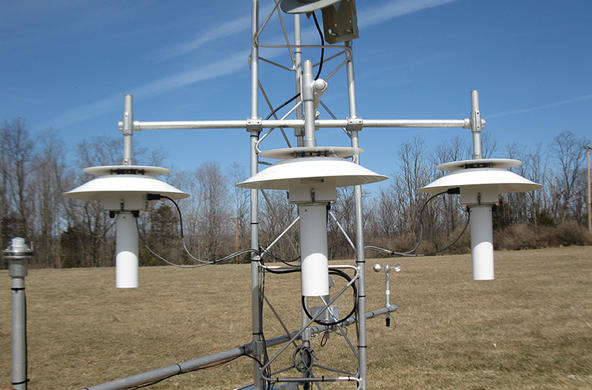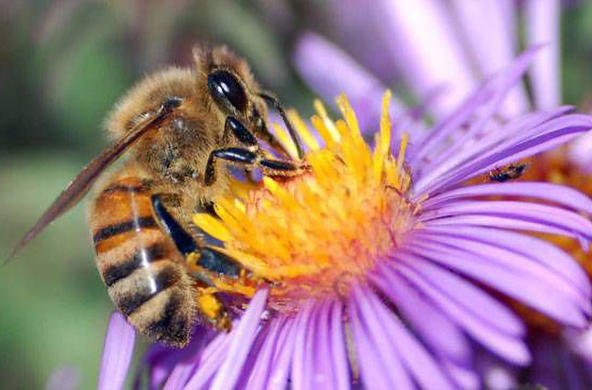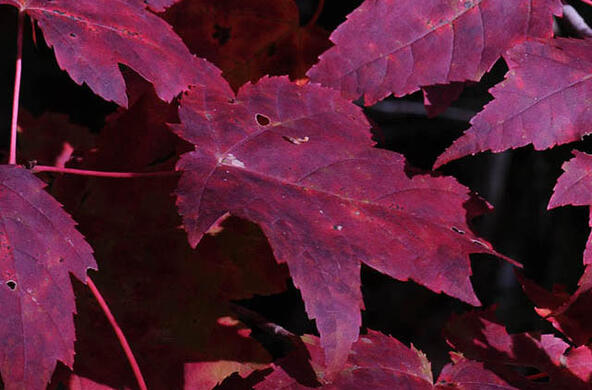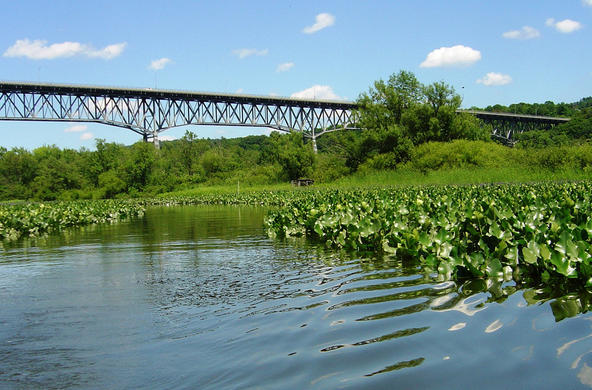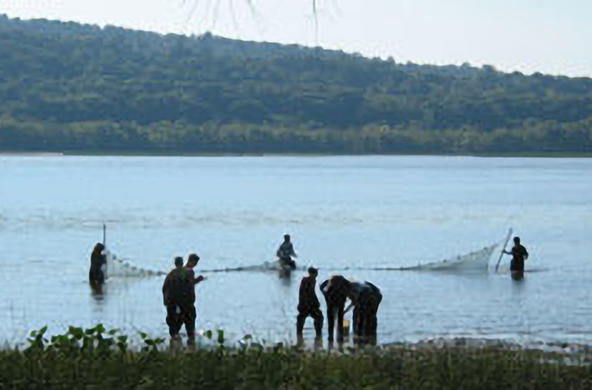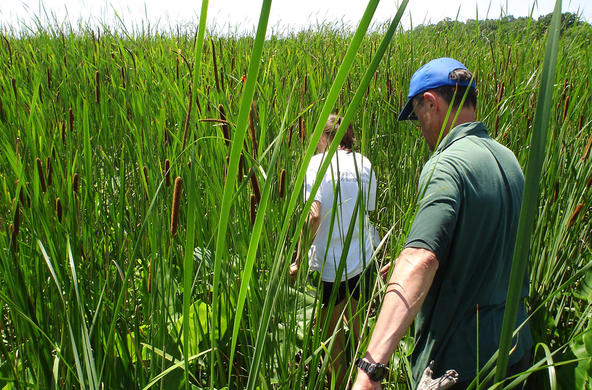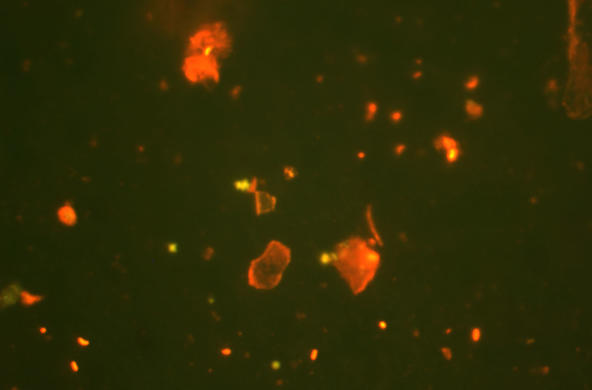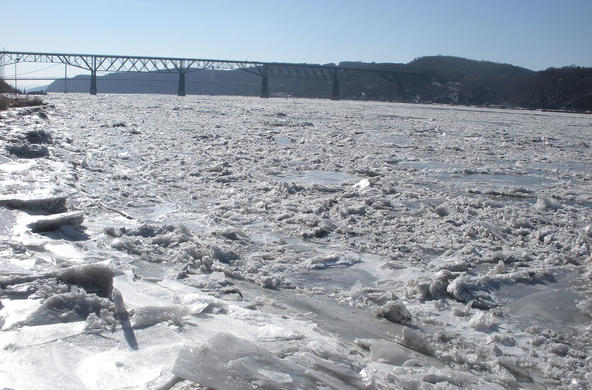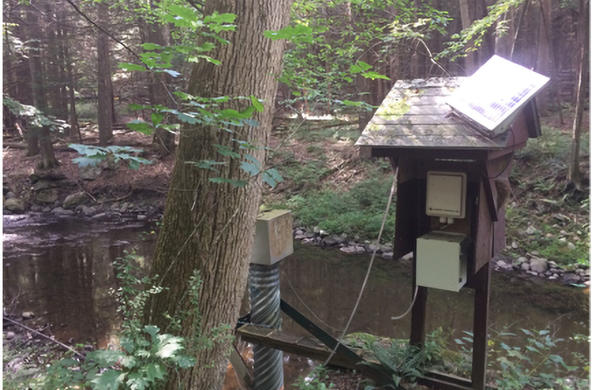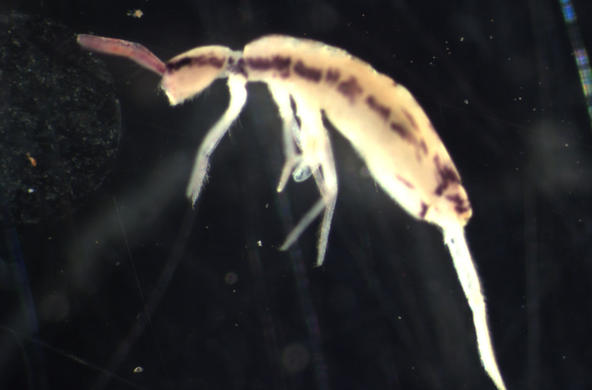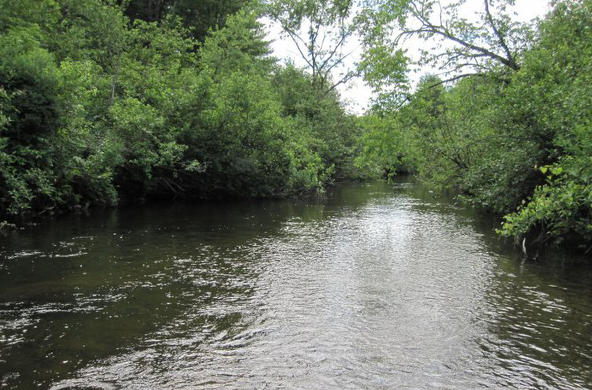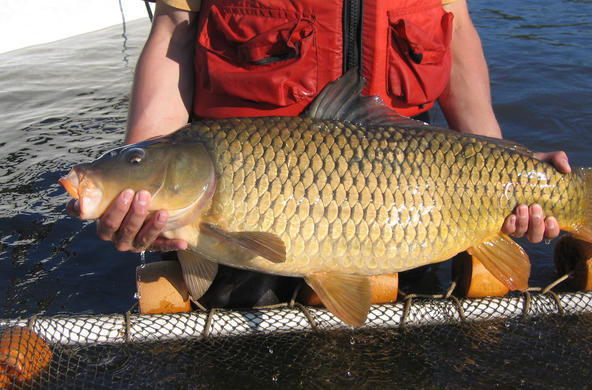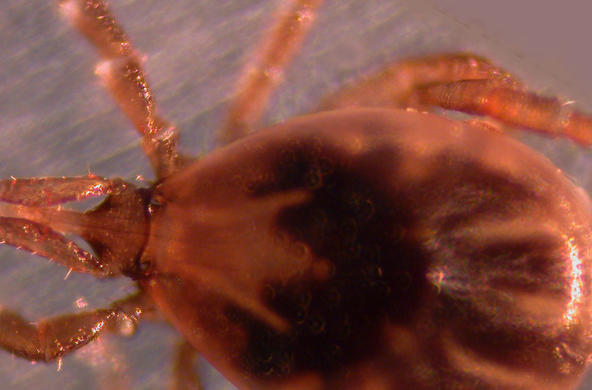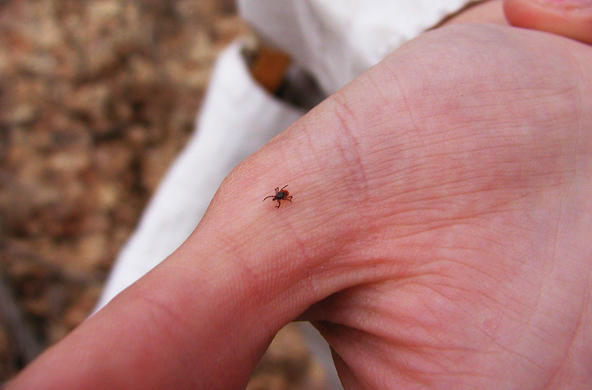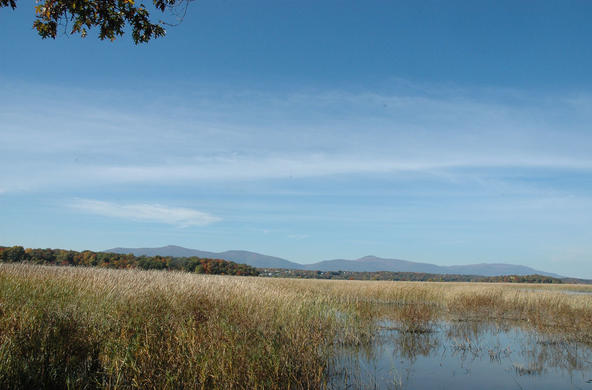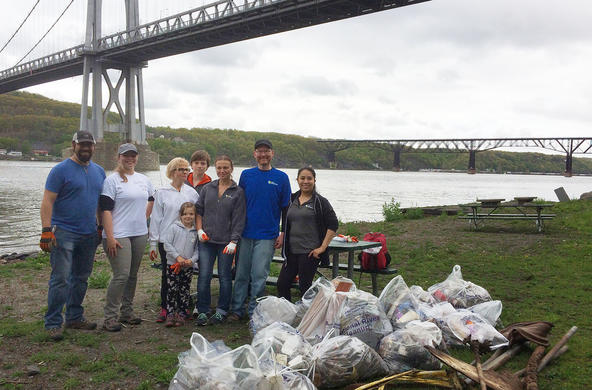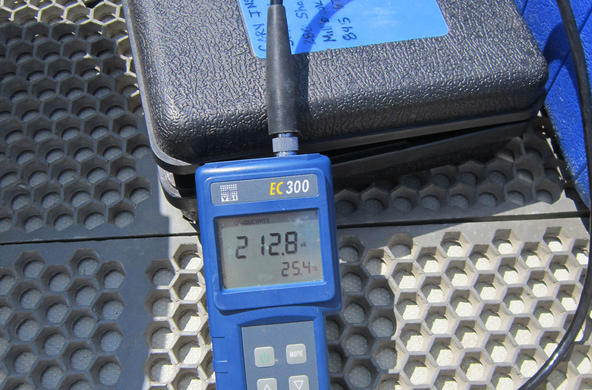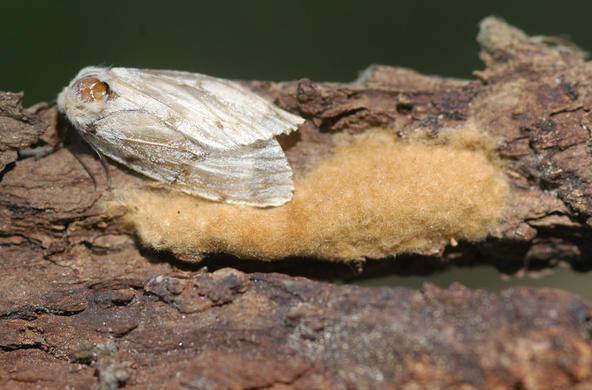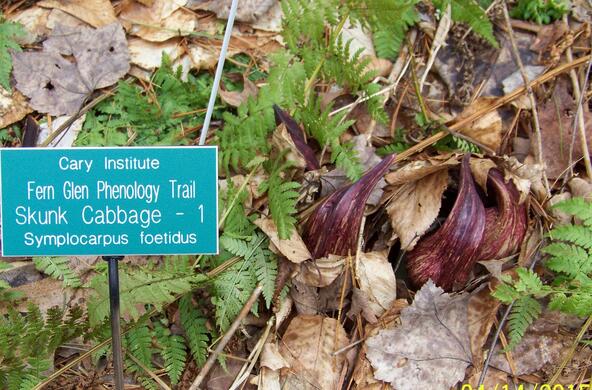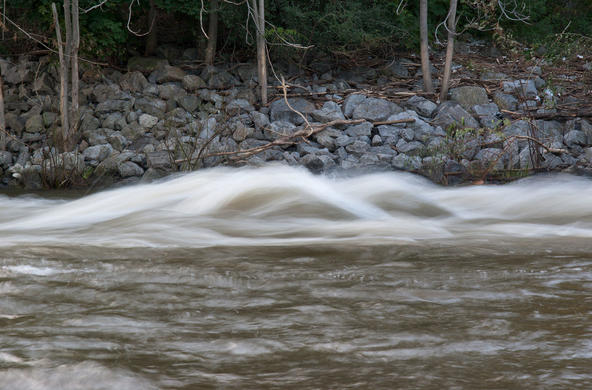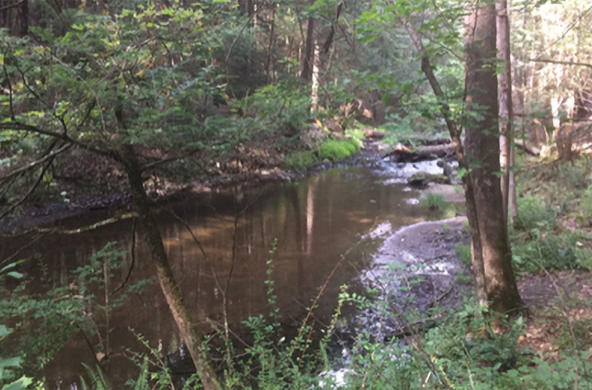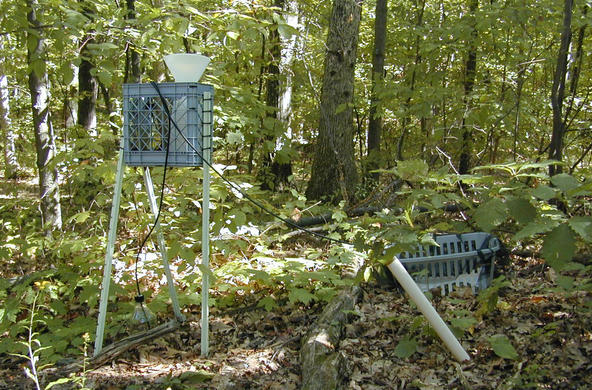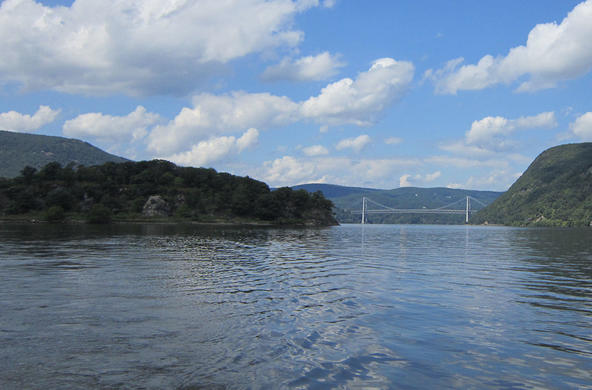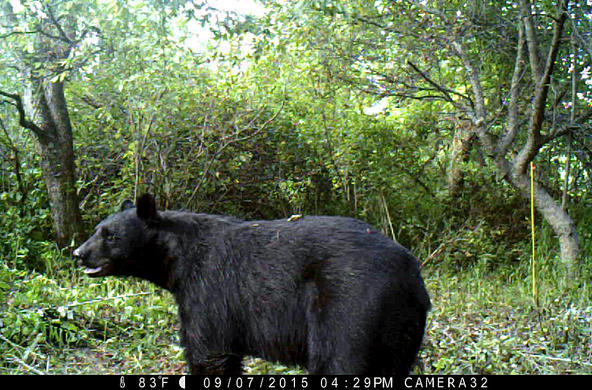Objectives
Students prepare for and do an outdoor investigation of soil in areas where plants and other landscape feature differ, then use their findings to think about plant and soil connections.
Overview
Rating:
Students will be able to: envision roots growing in the soil and taking in nutrients, are aware of some ways that ecologists study plant communities and help people manage land, can use visible differences in sites to predict differences in soil, know how to look for patterns in their data in order to make generalizations, can explain how soil could affect plant communities, and how living and dead plants can affect soil, are familiar with a variety of factors that together determine what plants grow where.
Materials
Session 1
For the class:
Display or photocopy page titled "Shrub Invaders".
Display or photocopy page titled "Root Races".
For each students:
- copy of "Plant and Soil Connections Data Sheet"
Session 2
For each group of 3-4 students:
- tray (e.g., cookie sheet, foil pan, dishpan) lined with white paper
- trowel or large metal spoon
- piece of rigid plastic 2" pipe, about 50 cm long (optional)
- several hand lenses
- rulers
Procedure
See Lesson Resources for further details.
Resources
Lesson Files
pdf
Exploring Plant and Soil Connections
Standards
Benchmarks for Science Literacy
1B Scientific Inquiry, 5D Interdependence of Life, 5E Flow of Matter and EnergyNYS Standards
MST 4- Physical setting, living environment and nature of scienceCredits
Hogan, Kathleen. Eco-Inquiry: A Guide to Ecological Learning Experiences for the Upper Elementary/Middle Grades. Kendall/Hunt Publishing Company, PO Box 1840, 4050 Westmark Drive, Dubuque, IA 52004-1840., 1994.



